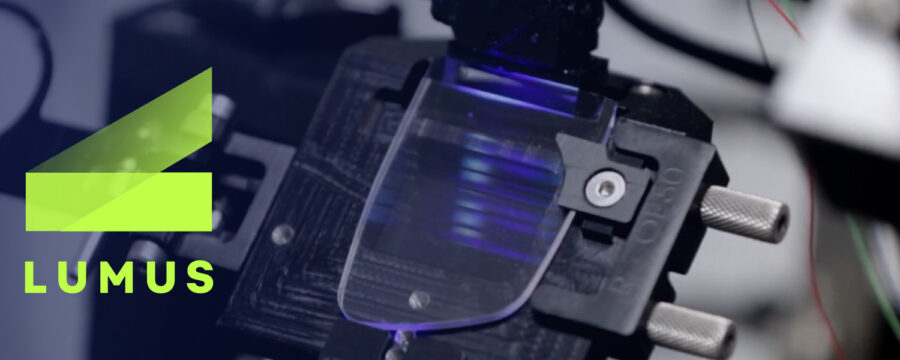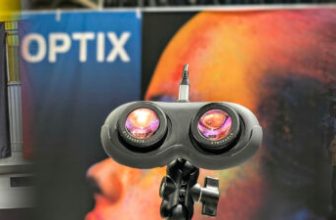
Lumus a company specializing in AR eyewear technology using reflective or geometric waveguides, has recently announced its inclusion in the third annual “Innovation Momentum Global Top 100” report by LexisNexis, this company was among a select group of six, including popular brands such as Apple, LG Electronics, and Samsung.
According to LexisNexis, the report shows the top 100 global organizations “displaying outstanding innovation momentum over the last two years” and highlights “trailblazing IP portfolios that are charting the course for future development.”

Lumus possesses a portfolio that consists of over 430 granted patents, with an additional 540 patents awaiting approval. The company claims this positions them as one of the leading holders of patents for augmented reality optics globally.
“Our patent portfolio reflects our strategy of maximizing our innovation potential through razor-sharp focus and long-term persistence,” said Lumus VP of Intellectual Property Mike Adel. “Being recognized as one of the Innovation Momentum Top 100 is further validation that our commitment to waveguide technology is expanding the boundaries of what’s possible in augmented reality.”
Lumus stated that LexisNexis’ Innovation Momentum methodology can identify companies that have patents with a higher potential for leading to future inventions and provide strong market protection. This methodology rewards companies that have either small but high-quality patent portfolios or larger portfolios that are well-maintained over time.
Additionally, Innovation Momentum builds on the Patent Asset Index, a unique patent evaluation methodology featured in the analytics platform LexisNexis PatentSight.
Adel stated that in recent years, there has been a significant increase in the number of Lumus patent families dedicated to developing and producing 2D expansion waveguides. These families now make up almost 25% of all new patent families. This success has greatly bolstered our confidence in the technology that forms the foundation of our product architecture.

The waveguide architecture of Lumus’ Z-Lens enables the development of small, light AR eyeglasses with high-resolution image quality, outdoor-compatible brightness, and seamless Rx integration.
The company claims that its new Z-Lens optical engine, which is 50% smaller than the previous version, can maintain image quality and high efficiency while meeting consumer demands for AR glasses that look natural and unobtrusive. According to Lumus, the lightweight Z-Lens optical engine offers outstanding image quality with industry-leading resolution and vibrant color. Additionally, the brightness of the Z-Lens allows consumers to experience augmented reality even in daylight, using glasses that appear almost identical to regular glasses from the outside.
Lumus’ Z-Lens architecture also creates several degrees of freedom for glasses manufacturers, including flexibility of the eye-box position and the ability to directly bond Rx prescription lenses. This feature allows consumers to customize their AR eyeglasses to their vision without bulky, heavy inserts, enabling them to be utilized as normal eyewear. Visit their official website.







